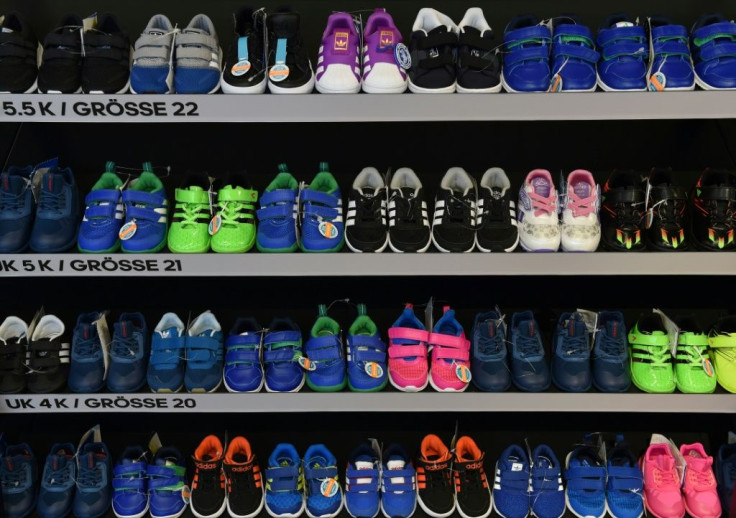Adidas Moving Robotic Speedfactories To Asia

Adidas (ADS.DE) announced Monday it would end operations at its experimental robotic German and U.S. flagship factories and instead move the operations to Asia to cut costs.
The company said the move of its Speedfactory technologies to two suppliers in Asia would begin at the end of the year, increasing its ability to produce more styles of athletic shoes and enhance its ability to respond to consumer demands.
Production at the Atlanta and Ansbach, Germany, factories will end by April, the company said. Research and development will continue in Germany.
The Ansbach factory opened in 2016 and employs 160 people. The Atlanta factory opened in 2017. The two factories produced just 1 million of the company’s overall half-million annual shoe production, producing a limited range of lines, including Futurecraft M.F.G. and a line of AM4 sneakers inspired by cities and recording artists. The company still is considering in-store manufacturing options.
Adidas said the Speedfactory 4D technology, which produces three-dimensional objects from materials that change properties when they come into contact with agents like heat and water, will be applied to other products in addition to athletic shoes.
"The knowledge we gained from setting up and operating the Speedfactories was made possible through constructive cooperation with Oechsler and the team there,” executive board member Martin Shankland said in a press release. “With this, we have pioneered new manufacturing processes, including significant reduction in production time of athletic footwear.”
He added: “The Speedfactories have been instrumental in furthering our manufacturing innovation and capabilities. Through shortened development and production lead times, we’ve provided select customers with hyper-relevant product for moments that matter. This was our goal from the start. We are now able to couple these learnings with other advancements made with our suppliers, leveraging the totality of these technologies to be more flexible and economic while simultaneously expanding the range of products available.”
Oechsler CEO Claudius Kozlik said his company understood Adidas decision and pledged continued cooperation.
Cedric Rossi, an analyst at Bryan Garnier, told Bloomberg the Speedfactories enable Adidas to both cater to consumer whims and keep production costs down.
“They developed expertise and will now teach suppliers how to use it,” Rossi said, noting Adidas makes only a tiny fraction of its inventory.
The German sportswear-maker was founded in 1949 by cobbler Adi Dassler and employs 1 million workers in Asia, mostly in China and Vietnam. Adidas has been criticized for working conditions at its Asian factories.
© Copyright IBTimes 2025. All rights reserved.






















